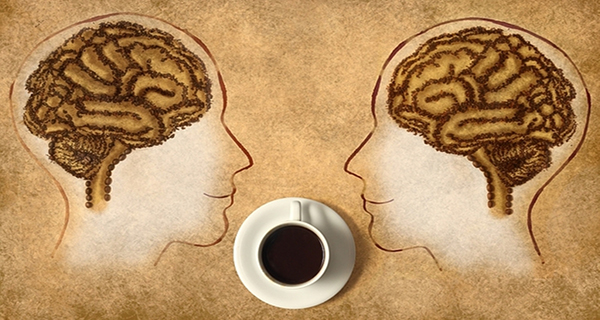
Coffee regular consumption may be very good for human health, scientific literature says. In support of World Alzheimer’s Day (September 21st), the Institute for Scientific Information on Coffee (ISIC) reviews the scientific evidence surrounding coffee consumption and its potential to reduce the risk of Alzheimer’s Disease. Approximately 26 million people suffer from Alzheimer’s Disease worldwide. Specifically in the EU, an aging population is likely to correlate with a rise in the disease. Epidemiological studies have suggested that there may be an association between moderate coffee consumption and a reduced risk of developing Alzheimer’s Disease. Scientific literature suggests that moderate, regular and lifelong coffee consumption – with moderate consumption defined as 3-5 cups per day, as EFSA Scientific Opinion about caffeine also states – is the optimal intake to benefit from this suggested association. ISIC has therefore published the third edition of its report The good things in life: can coffee consumption reduce the risk of developing Alzheimer’s Disease? The newly-updated report provides a comprehensive overview of the latest research into coffee, caffeine and Alzheimer’s Disease.
KEY RESEARCH FINDINGS – Research published this year suggests that moderate coffee consumption can reduce the risk of developing Alzheimer’s by up to 27%. The Mediterranean diet, to which coffee belongs, plays a key role. Certain fruits, vegetables and beverages – including coffee – contain polyphenols. These compounds act on the brain to reduce inflammation, reduce neuronal deaths and preserve levels of acetylcholine, which is an organic chemical that functions in the brain and body as a neurotransmitter – a chemical released by nerve cells to send signals to other cells. Ferulic acid is another polyphenol found in coffee and this has been shown to protect against cognitive defect.
The caffeine in coffee reduces two hallmarks of Alzheimer’s: reducing the accumulation of beta amyloid peptide and reducing the hyperphosphorylation of tau protein. Caffeine also reduces the extent of neuronal deaths, especially in the areas of the brain involved in memory. As a neuro-stimulant, caffeine promotes higher levels of acetylcholine. New research suggests that another compound in coffee – quercetin – may also help protect key cells in the brain, although further research is needed to confirm this finding.
